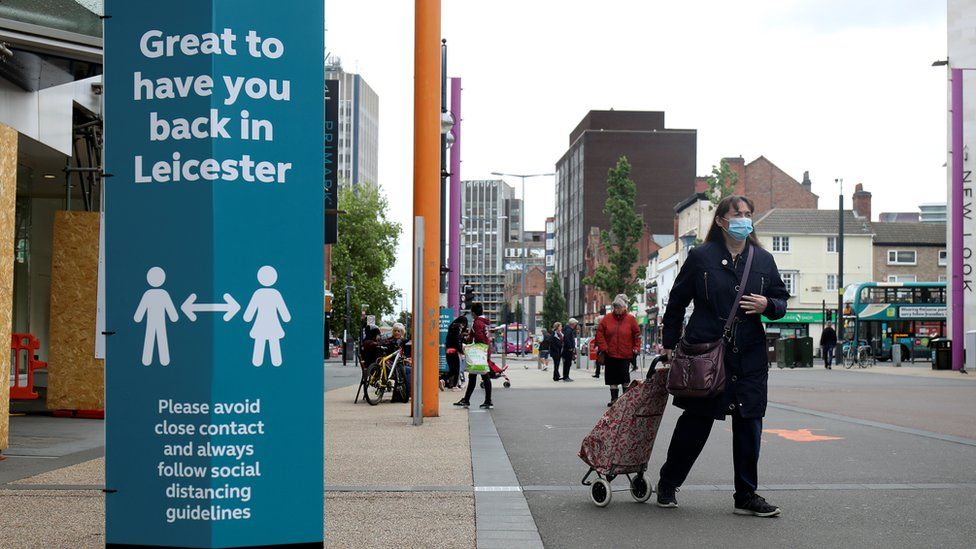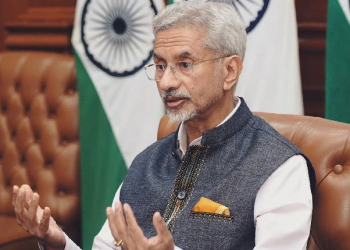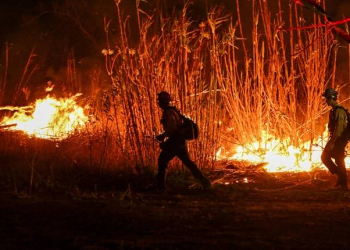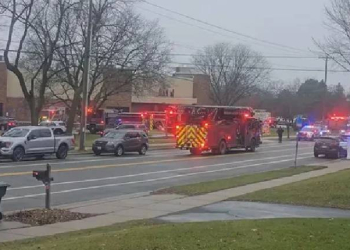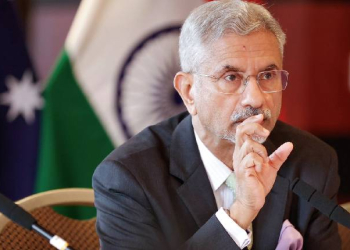London: Britain reported 194,747 coronavirus cases in the latest 24-hour period, bringing the total number of coronavirus cases in the country to 13,835,334, according to official figures released on Wednesday.
The country also reported a further 334 coronavirus-related deaths. The total number of coronavirus-related deaths in Britain now stands at 149,284, with 17,276 Covid-19 patients still in hospital, Xinhua news agency reported.
Meanwhile, an estimated one in 15 people in England had Covid in the week up to December 31 last year, the equivalent to 3,270,800 people, the British Office for National Statistics said Wednesday.
The figure for the week ending December 31 was up from 2.3 million in the week to December 23. It marked the highest number since comparable figures began in autumn 2020.
Earlier on Wednesday, British Prime Minister Boris Johnson led a cabinet meeting where he recommended sticking with England’s Plan B, which includes work-from-home guidance and mandatory face masks in most public indoor venues.
The move came despite the record infection numbers and increasing pressure on hospitals, with several National Health Service (NHS) trusts declaring critical incidents.
The prime minister’s official spokesman said there are more than 20 such incidents at the moment.
Also, people in England who test positive on a lateral flow device will no longer need a follow-up PCR to begin their isolation period if they do not have symptoms, the UK Health Security Agency has confirmed.
It’s also been announced that pre-departure testing will no longer be required for travellers returning to Britain.
According to the new measures, arrivals will not have to isolate until they get a negative PCR test, but will instead have to take a lateral flow test at the end of day two after arriving.
If that is positive they will then have to take a confirmatory PCR test to help identify any new variants.
In Scotland, it was announced the coronavirus isolation period is to be reduced from 10 days to seven.
More than 90 per cent of people aged 12 and over in Britain have had their first dose of vaccine and more than 82 per cent have received both doses, according to the latest figures. More than 60 per cent have received booster jabs, or the third dose of a coronavirus vaccine.
(IANS)



